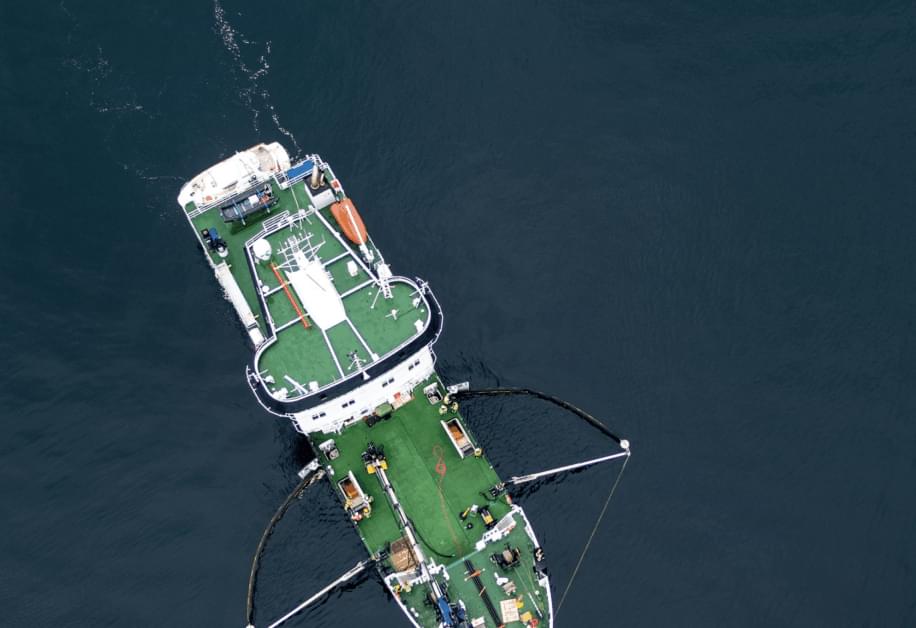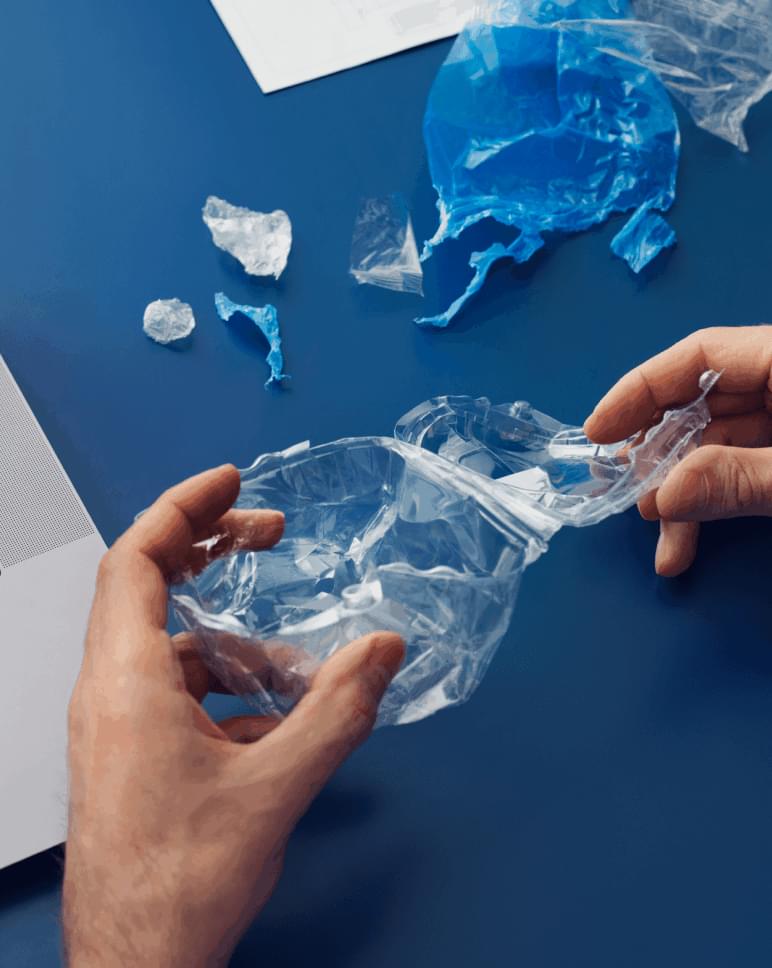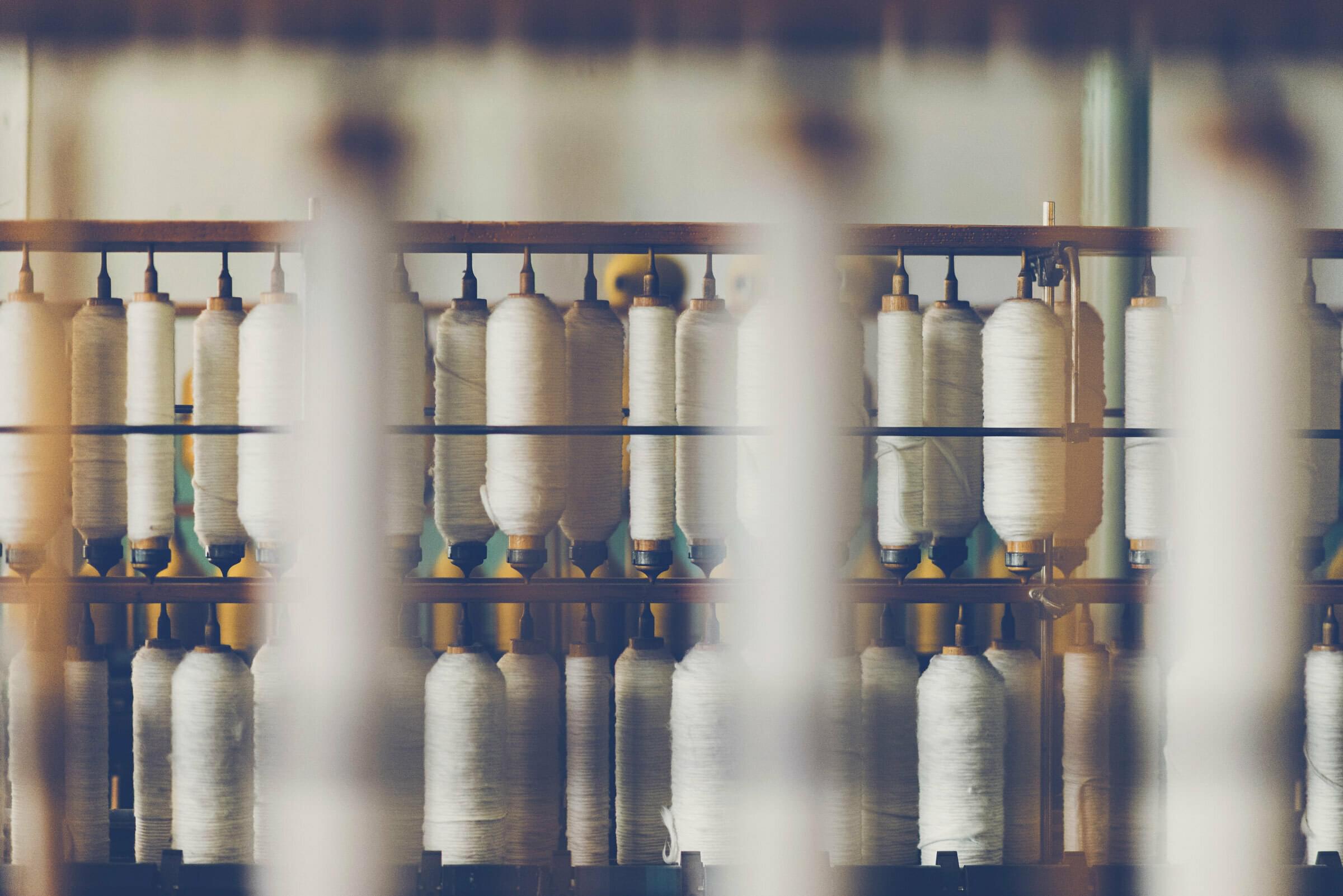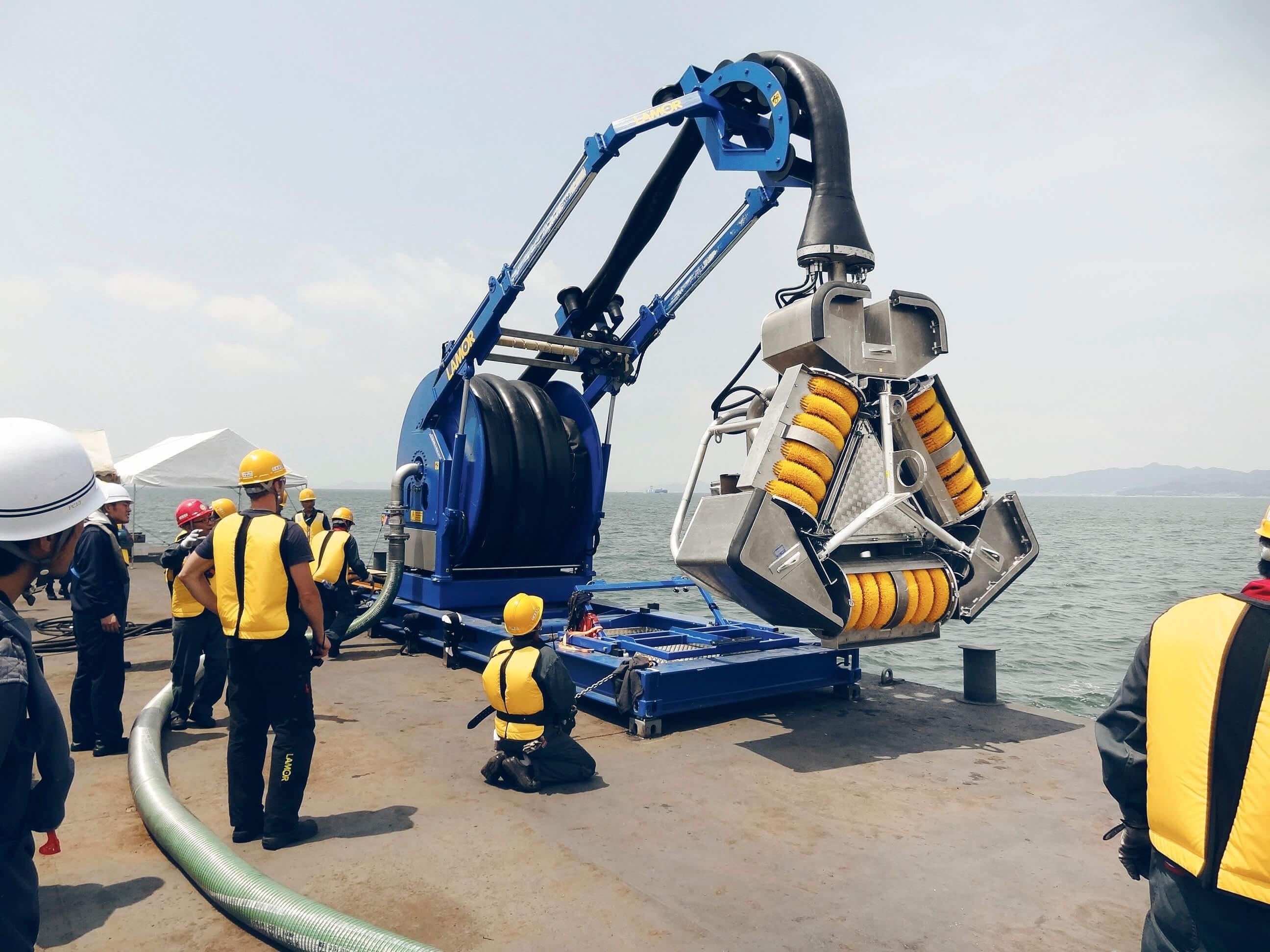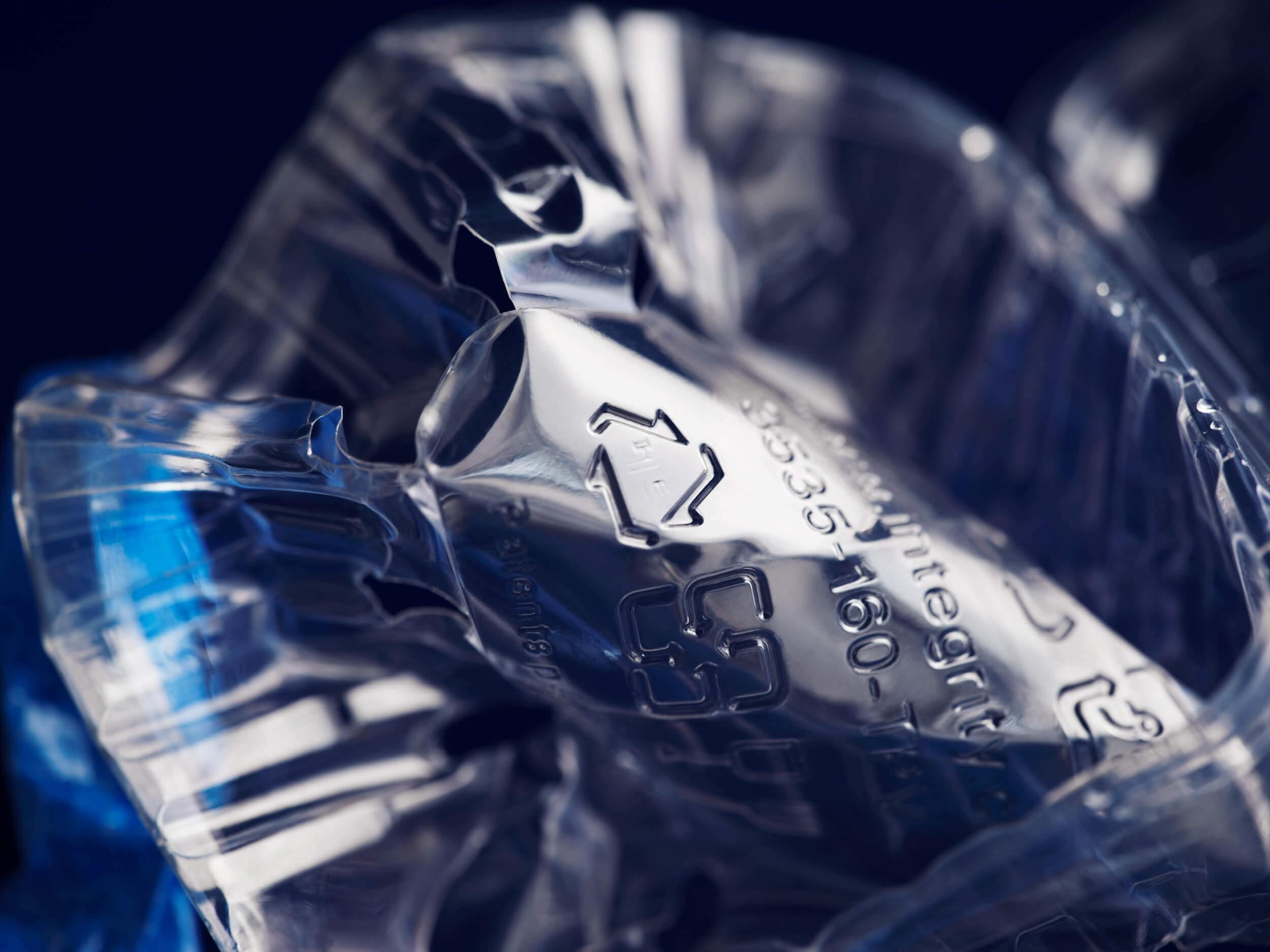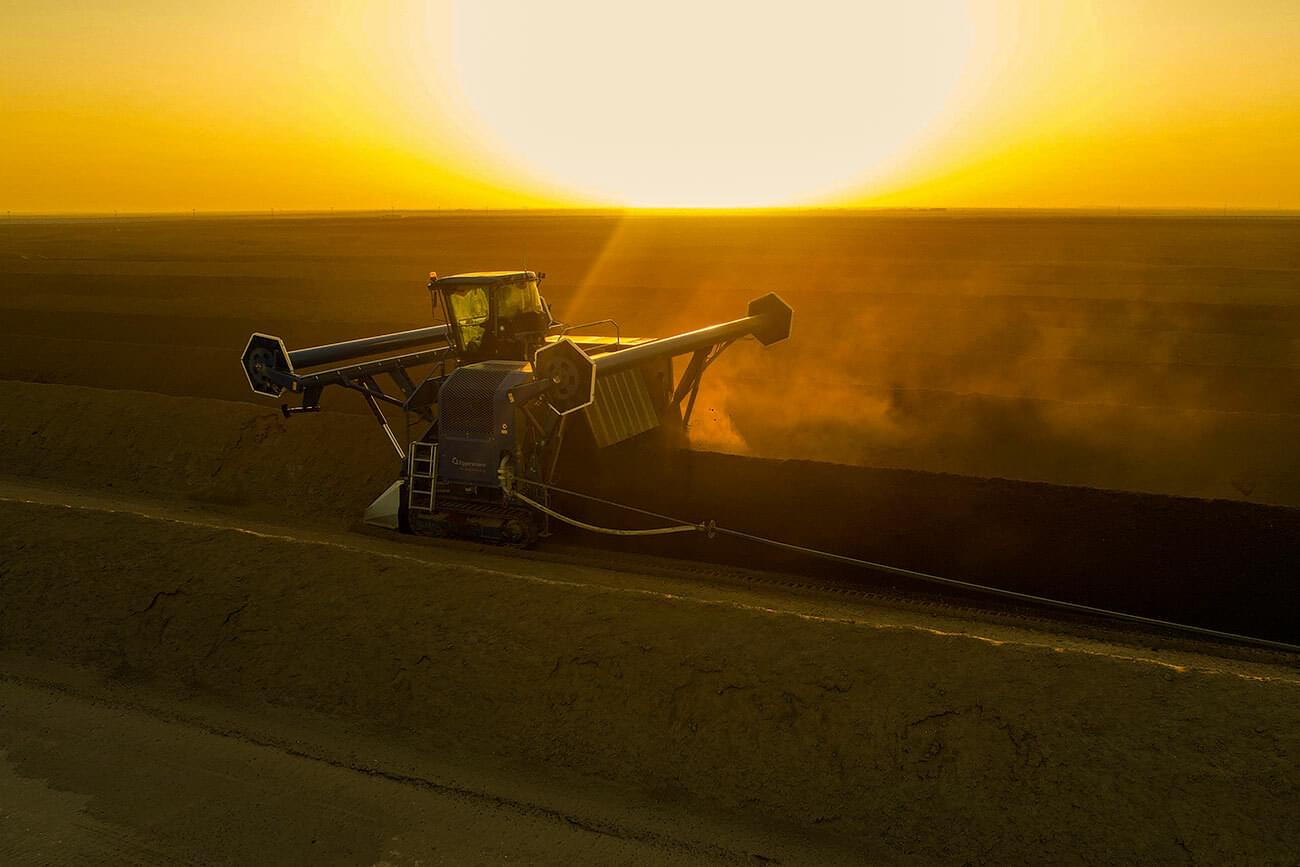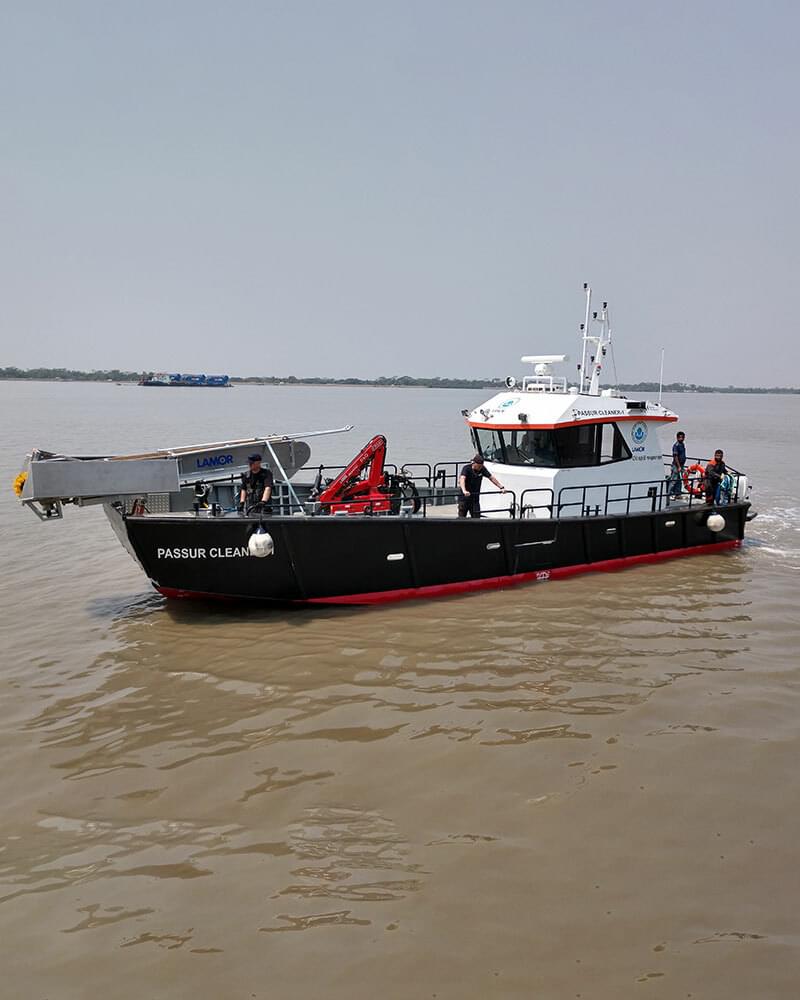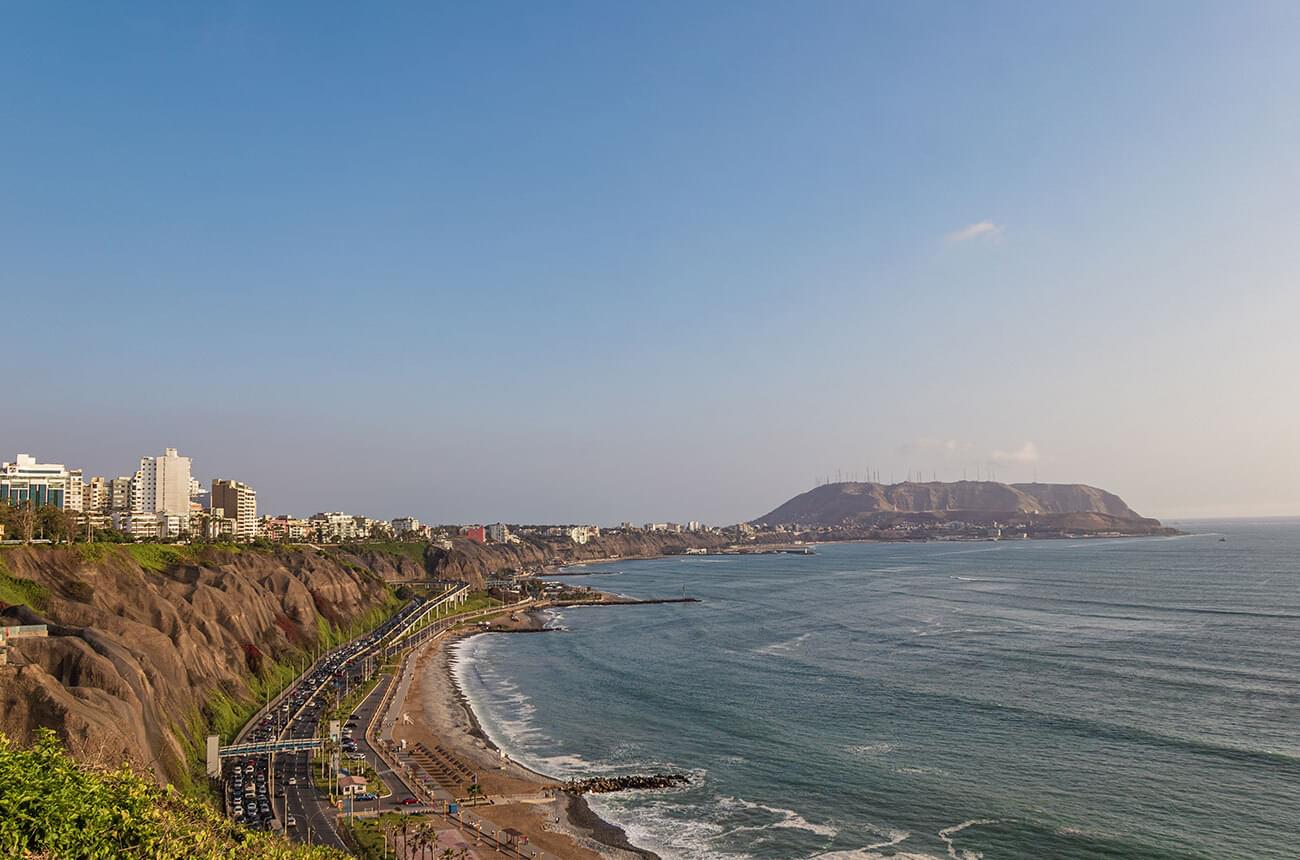Efficient waste water treatment to inland RAS-fish farms with Lamor’s waste water treatment systems

Recirculating Aquaculture Systems (RAS) have gained significant attention as a promising method for sustainable fish and seafood production. These systems offer several advantages, such as reduced water usage, controlled environment, and improved disease management. However, like any agricultural practice processes, the treatment systems need to be designed to properly be able to achieve the benefits. Lamor’s waste- and water treatment portfolio offers turnkey solutions for handling and treating the waste streams which are generated during the farming operations.
Challenge
One of the primary benefits of RAS is its efficient use of water compared to traditional open pond aquaculture. However, these systems are not entirely water-neutral. RAS requires constant water circulation, and though less water is used, there's still a need for regular water exchange to maintain water quality. To be able to circulate the water, the water needs to be treated before it can be reused and circulated. The microbiological safety is one of the key elements in the water value chain as well as the nutrient content in the circulation water. If the water quality is poor, eventually it will affect the end product, which is the fish itself and create muddy taste via geosmine compounds.
The water which will be removed from the system requires efficient treatment before it can be discharged. The system back flush waters combined to the discharge waters are concentrated and contain significant amounts of nutrients which would contaminate the water bodies below the farm and cause environmental legislative challenges.
Solution
Lamor’s flotation systems are optimal for removing fish grease, oil residuals, nutrients, and other solid particles. Containerized systems are fast and easy to deploy and offer cost effective and energy efficient methods to treat waste streams. The collected sludge is dewatered and the value from the sludge can be utilized as fertilizer, energy source etc.
The disinfection systems combined with flotation units provide microbiological safety for the reused water. The effective peroxide disinfection system is capable of oxidizing geosmine compounds and minimizes the quality issues of the fish meat.
Via Lamor’s combined water treatment processes the RAS systems can achieve almost 100% water circulation without jeopardizing the water quality inside the growing process.
The Lamor waste water treatment systems are manufactured to the high-quality standards, and the system is designed to be easy to maintain and service. The level of automation can be selected, and all the measured data can be sent to client’s main automation system. The containerized systems are easy and fast to transport and deploy anywhere in the world, and onsite support can be provided through our global hubs, “says Petri Vänskä, Director of Material recycling technology at Lamor.
Impact
Fish farms are now benefitting from Lamor’s waste water treatment systems which increase the water usage efficiency, create better microbiological safety, minimize the risk of pathogens and the negative impact to the natural water bodies, and increases the value extraction from waste streams.
Aquaculture requires a large amount of water, and the water quality is essential for the fish health and wellbeing. By optimizing the water quality in the growing process, a better yield and quality can be achieved.
Sustainable and efficient waste handling is profitable, environmentally friendly, and sustainable.
Stay in the know
Sign up for our newsletter to learn more about innovations enabling the survival of our dear planet.



